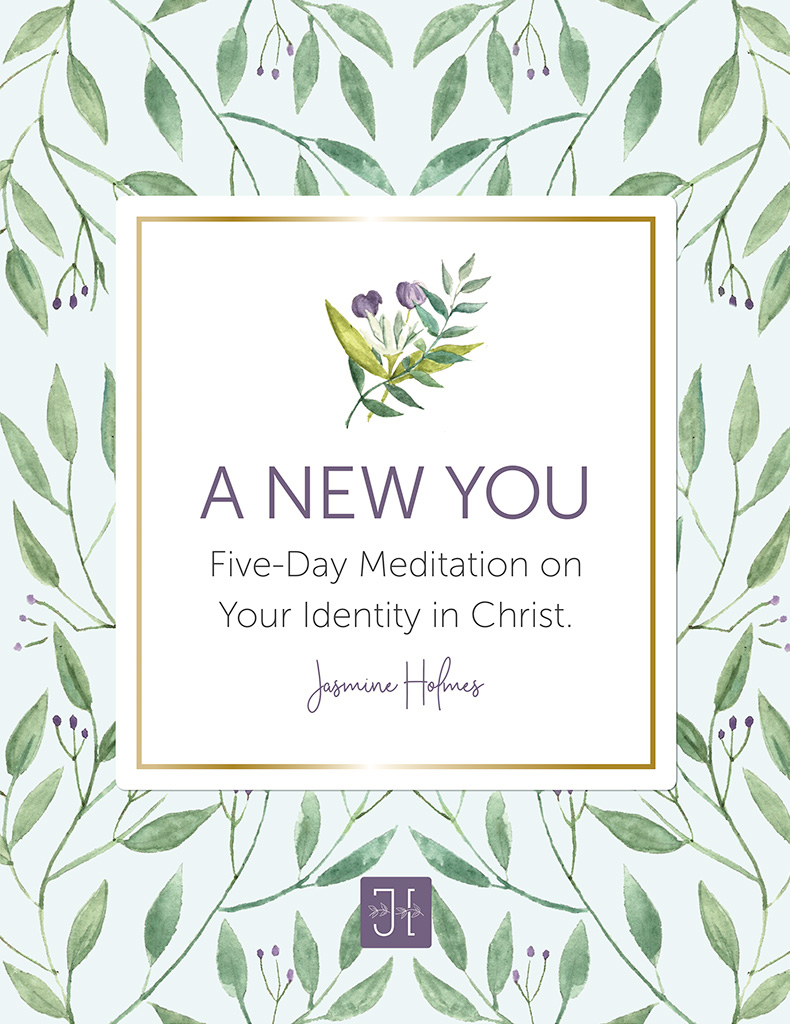Recently, my husband and I passed a milestone: It’s been a year since he sent the text message that began our relationship: “Hey, you. Let me know when’s a good time to talk.” I yelped, tossed my phone, and ran downstairs panting, “I’m not ready!”
I knew that he wanted to talk about us, and even though I’d known this conversation was coming and had waited quite impatiently for it to arrive, when it actually happened, I panicked. The reality of starting a relationship with someone who I respected as much as I respected him scared me to death.
Perhaps this feeling of mortification only strikes naval-gazers like me, but if all of us took a moment to truly evaluate all that a relationship could bring, we might all become a bit less impatient for one and a bit more startled.
In the year since that phone call, I have understood the reality of my initial reaction: I wasn’t ready. In the 365 days that followed, though, I have started to learn that my unpreparedness is just a picture of Christ’s faithfulness.
I Wasn’t Ready to Be Hurt
Before marriage, I’d experienced the humiliation and heartache that often accompany breakups. Every time that pain would occur, in the back of my mind, I would long for marriage to a man who would never hurt me that badly again.
C.S. Lewis writes,
To love at all is to be vulnerable. Love anything and your heart will be wrung and possibly broken. If you want to make sure of keeping it intact you must give it to no one, not even an animal. Wrap it carefully round with hobbies and little luxuries; avoid all entanglements. Lock it up safe in the casket or coffin of your selfishness. (The Four Loves)
The truth of Lewis’s point quickly became clear to me when I got married. The more I would grow to love my husband, the more vulnerable to hurt I would become. As our intimacy would exceed that of anyone I’d known before, so would the potential for pain. Hurt feelings, hurt pride, and wounded hearts abound in the growing pains of becoming one.
I Wasn’t Ready to Be Molded
I was used to being single. In fact, I was just becoming good at it! I loved my family, my job, my friends, and my normal. When friends would tell me I was “a catch,” I’d smile and put marriage in that comfortable “someday” category.
When my husband came along, “someday” became “today,” and life as I knew it began to shift from single priorities to newly coupled ones. That vulnerability came into play as we began laying down our lives in bigger and bigger ways. The importance of communication became glaringly apparent as our new sanctification journey began. I wasn’t just me anymore; I was part of a team (Ephesians 5:31). And as romantic as that sounded in my head, practically, it became a constant battle.
I Wasn’t Ready to Be Loved
I had always thought that it would be amazingly freeing to be loved in spite of my shortcomings. In my mind, it was a beautiful picture of the unmerited love God lavished upon me in Christ (Romans 5:8).
In my heart, though, it felt like acid. My pride preferred to earn affection rather than to receive it. It was so hard to be loved in the midst of my brokenness because I wanted to be loved for my togetherness.
In marriage, that kind of love isn’t an option. My husband does appreciate my gifts, but if he loved only the best parts of me, there would be a lot left uncovered (1 Peter 4:8). He sees my sin more clearly than anyone else and loves me nonetheless. I can either despise him for this knowledge or face it with humility and gratitude.
I Wasn’t Ready To Die
If the burden of being the perfect wife to my husband rested squarely on my shoulders, my initial fears would have been completely justified. I just can’t do it. Praise God that the burden never rested on my shoulders!
Before I was ever Phillip’s bride, I was part of the Church, the Bride of Christ. Before the foundation of the world (Romans 8:29), my eternal groom chose me in spite of the fact that I didn’t deserve him (Ephesians 1:3–4). In the midst of this wretchedness, he died for me (Romans 5:8). He clothed me in his righteousness. He adopted me as his own. He saved me. He chose my husband to echo his eternal love. He chose our marriage to echo that eternal covenant. He chose us, not because of our perfection, but because of his ability to stand perfectly in our stead. My life is his. Our marriage is his.
And in light of these glorious truths, even as our selfishness, self-centeredness, and self-righteousness cry out against the death knells of the old man (Galatians 2:20), we know that final victory belongs to our heavenly groom (Philippians 1:6). Our weakness points us to his strength (2 Corinthians 12:9).
My marriage isn’t ultimate, but it paints, simple as it may be, a picture of the one that is (Revelation 19:7–9), and my fears are swallowed by the fact that this bride is loved by two grooms who keep that picture in view.
This article originally appeared at Desiring God.
